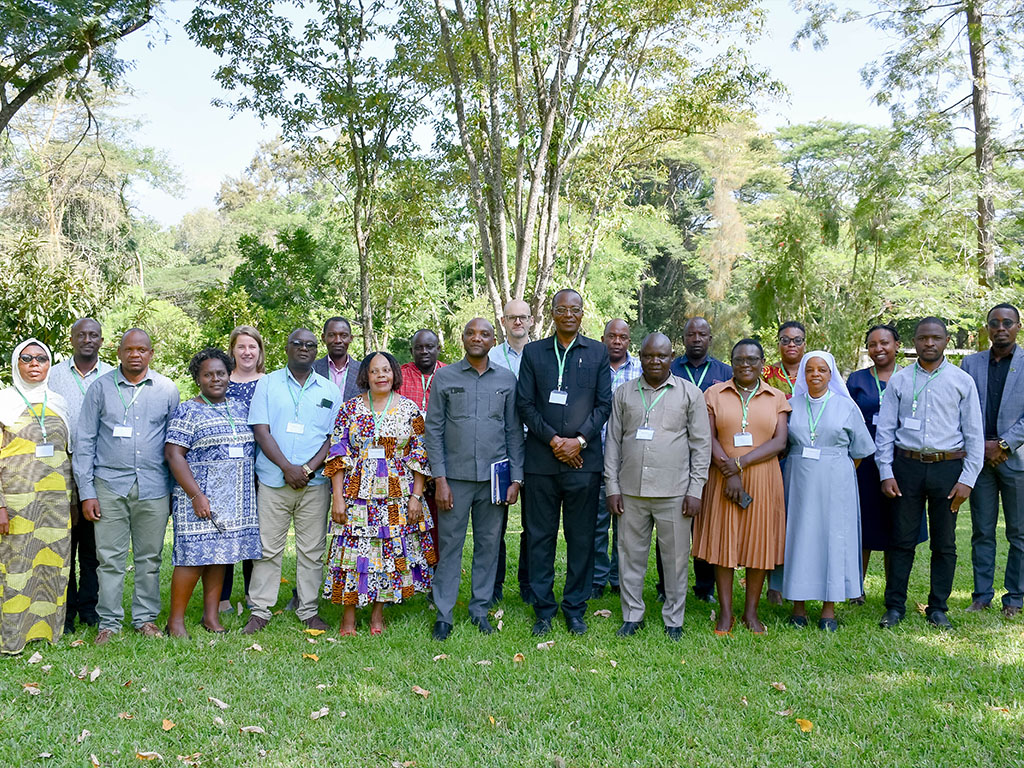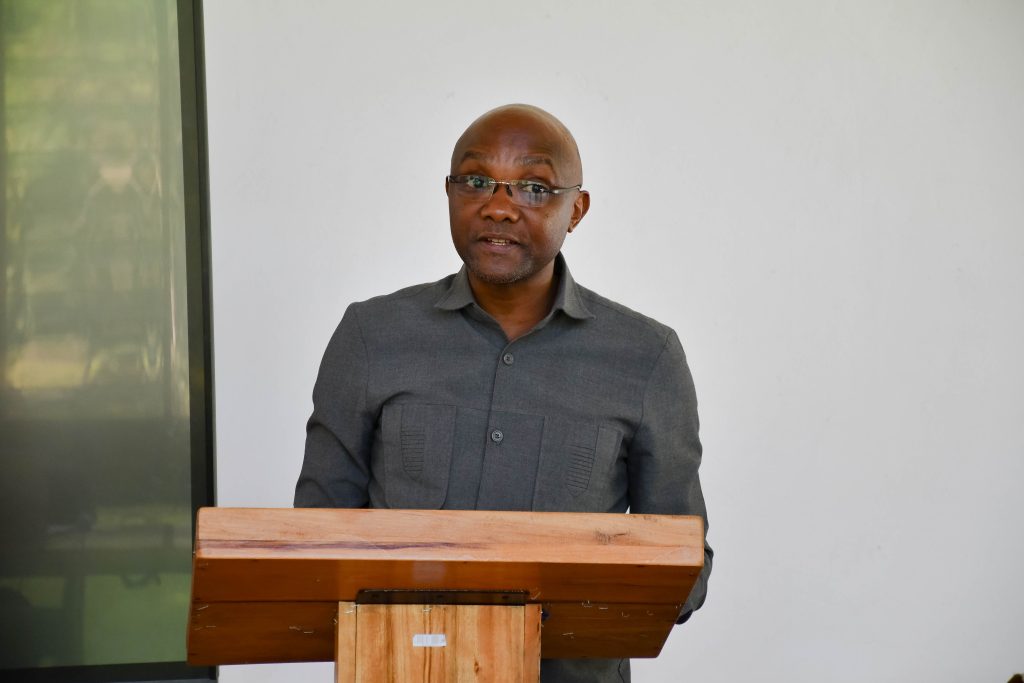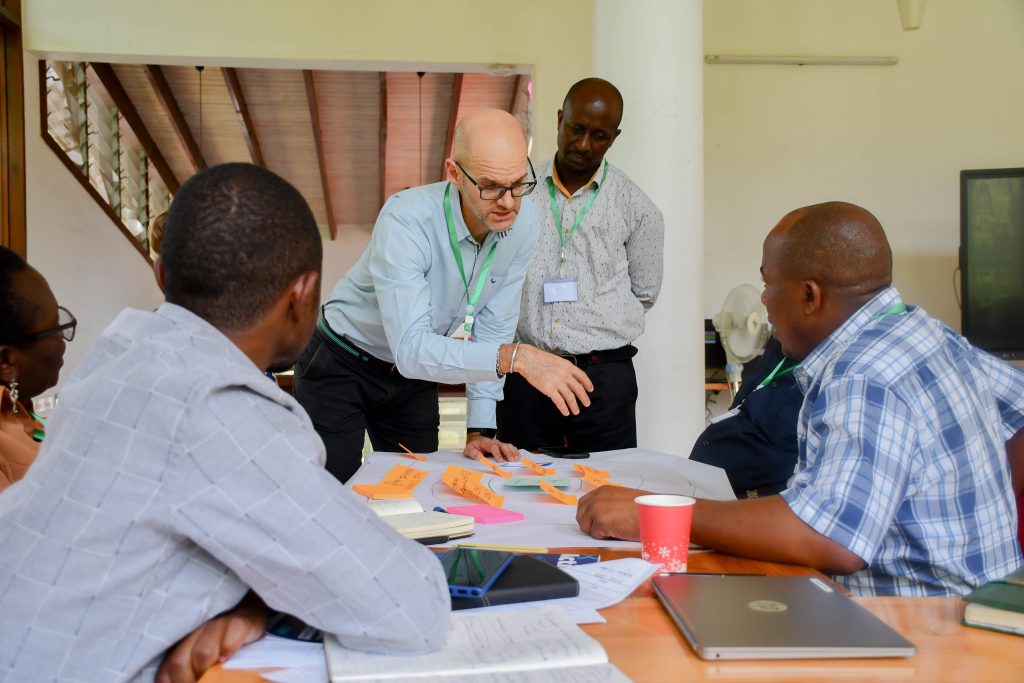
On February 20, 2025, the Nelson Mandela African Institution of Science and Technology (NM-AIST) opened a two-day workshop focused on addressing the growing health challenges posed by pandemics transmitted between animals and humans. This workshop brought together health experts, researchers, community leaders and various stakeholders to discuss the significance of the One Health (OH) approach, a model that aims to balance human, animal, and environmental health for the benefit of all.

The workshop, which took place at Danish Center Arusha, Tanzania was officially opened by Prof. Kelvin Mtei, the Acting Deputy Vice Chancellor responsible for Academic, Research and Innovation. In his opening remarks, Prof. Mtei applauded the ongoing efforts of the government, educational institutions, and health experts to prioritize human health and highlighted the critical role of the One Health approach in mitigating the transmission of diseases between animals and humans. He emphasized that addressing these interconnected health risks is essential for fostering a healthier future for communities living in rural Tanzania.
One of the key speakers at the workshop, Prof. Gabriel Mkilema Shirima, from NM-AIST, discussed the institution’s initiatives through the School of Life Sciences and Bio-engineering for being proactive. Prof. Shirima explained that NM-AIST, in collaboration with other projects such as COHESA and PREACT3 Project, is working to equip stakeholders with a comprehensive understanding of the One Health model. He also mentioned that Mr. Alexander Caron a partner from CIRAD/ILRI is facilitating the conference to ensure that participants gain a well-rounded perspective on how to address One Health challenges in the region.
The workshop specifically focused on the Longido and Simanjiro districts, where local livelihoods and biodiversity are inextricably linked. Discussions centered around the major health threats at stake in these areas, particularly zoonotic diseases that can be transmitted from wild and livestock to humans. Participants explored key opportunities and challenges, mapping the roles of various stakeholders and their potential contributions to sustainable solutions.
Throughout the event, experts in environmental health, human health, wildlife health, and domestic animal health came together to exchange knowledge and ideas. One of the central topics was the need for capacity building to address One Health challenges. Experts stressed the importance of training programs in One Health, aimed at preparing future professionals with the skills and knowledge necessary to tackle complex health issues at the intersection of human, animal, and environmental health.
The workshop served as an important milestone in addressing the health risks facing Tanzania’s rural settings. By bringing together a diverse group of stakeholders and fostering dialogue across multiple disciplines, the event reinforced the importance of a multidisciplinary approach to disease prevention and biodiversity conservation. Through these efforts, NM-AIST is contributing to the creation of sustainable health solutions for pastoral and agropastoral communities, ultimately promoting the well-being of both people and the environment in Tanzania.





 Visit Today : 1577
Visit Today : 1577 Visit Yesterday : 1776
Visit Yesterday : 1776 This Month : 3353
This Month : 3353 This Year : 122842
This Year : 122842 Total Visit : 810108
Total Visit : 810108